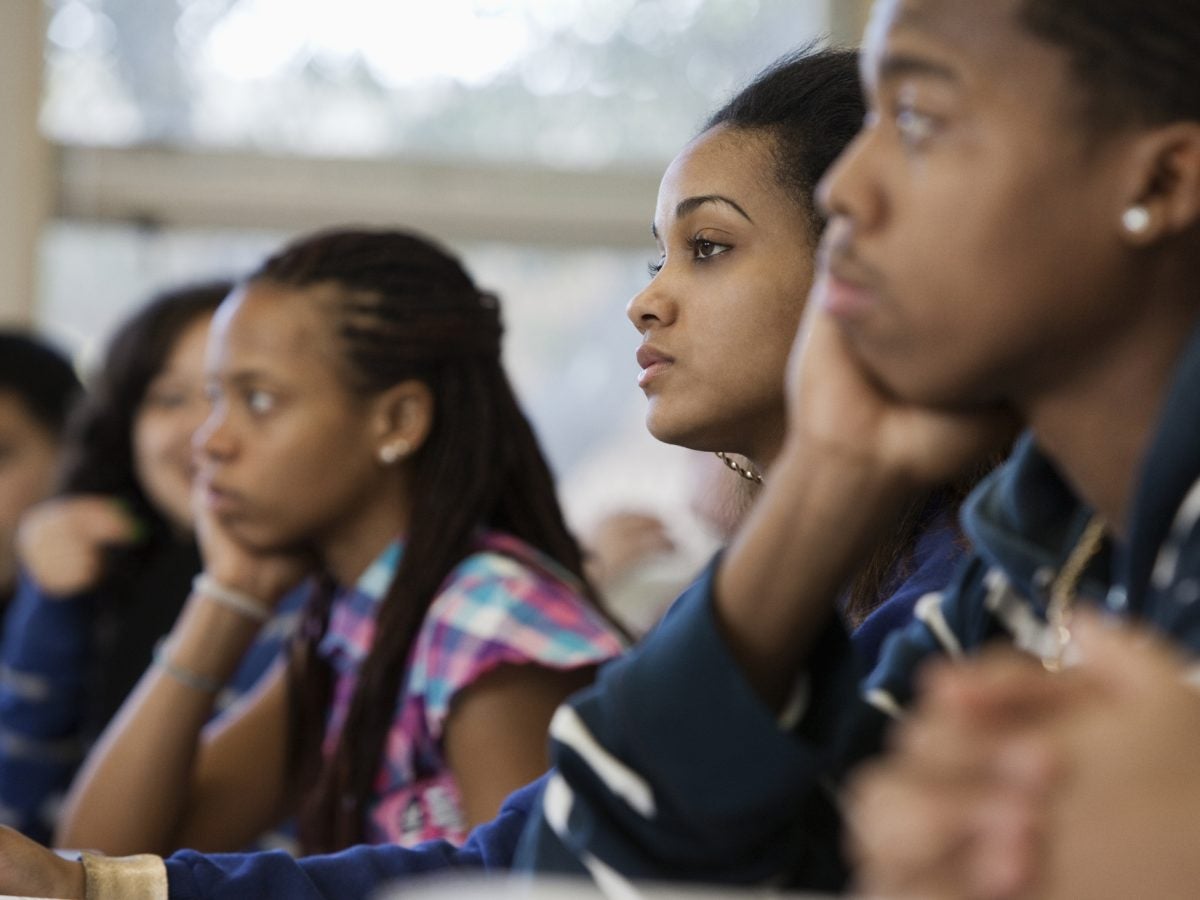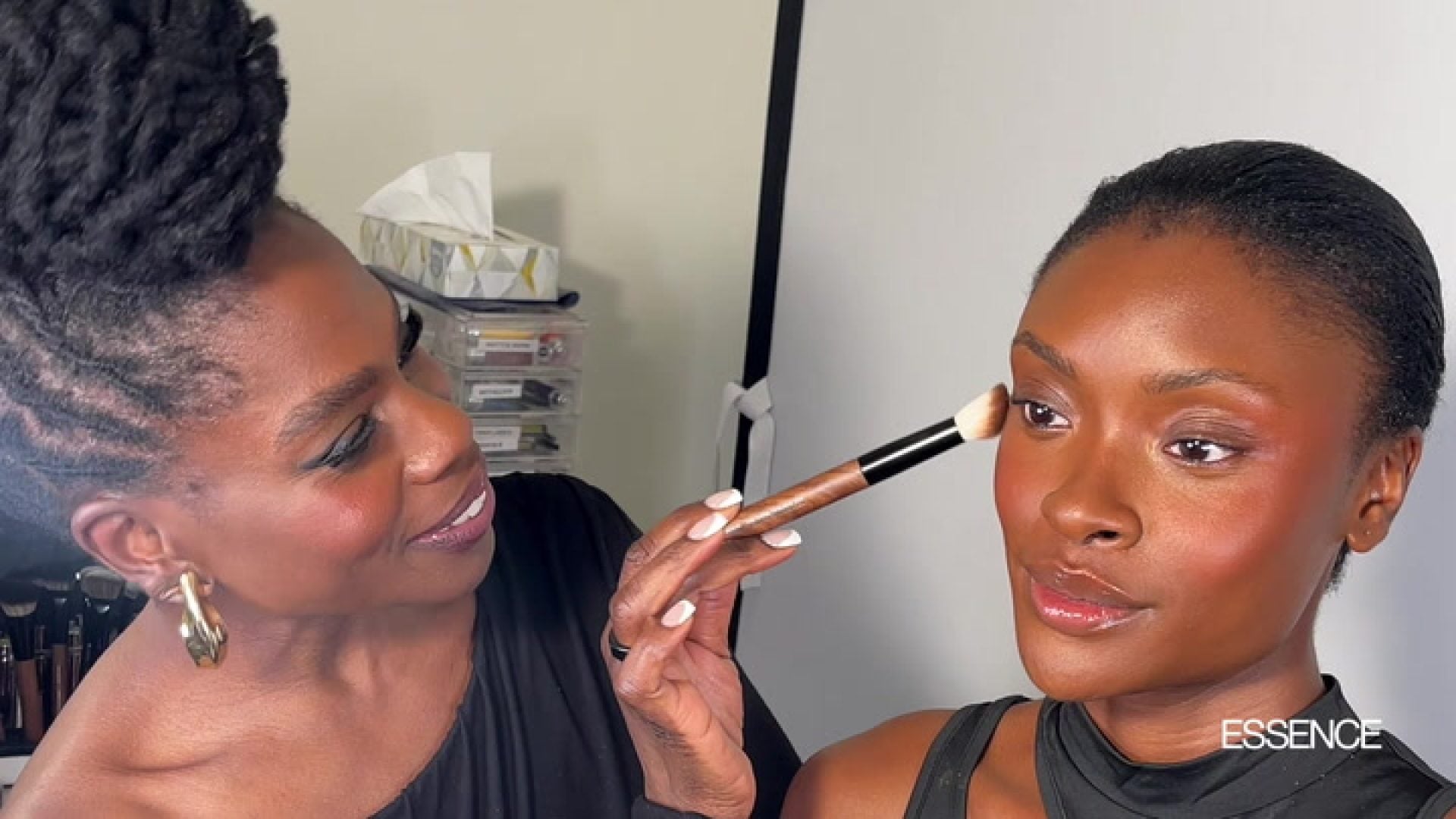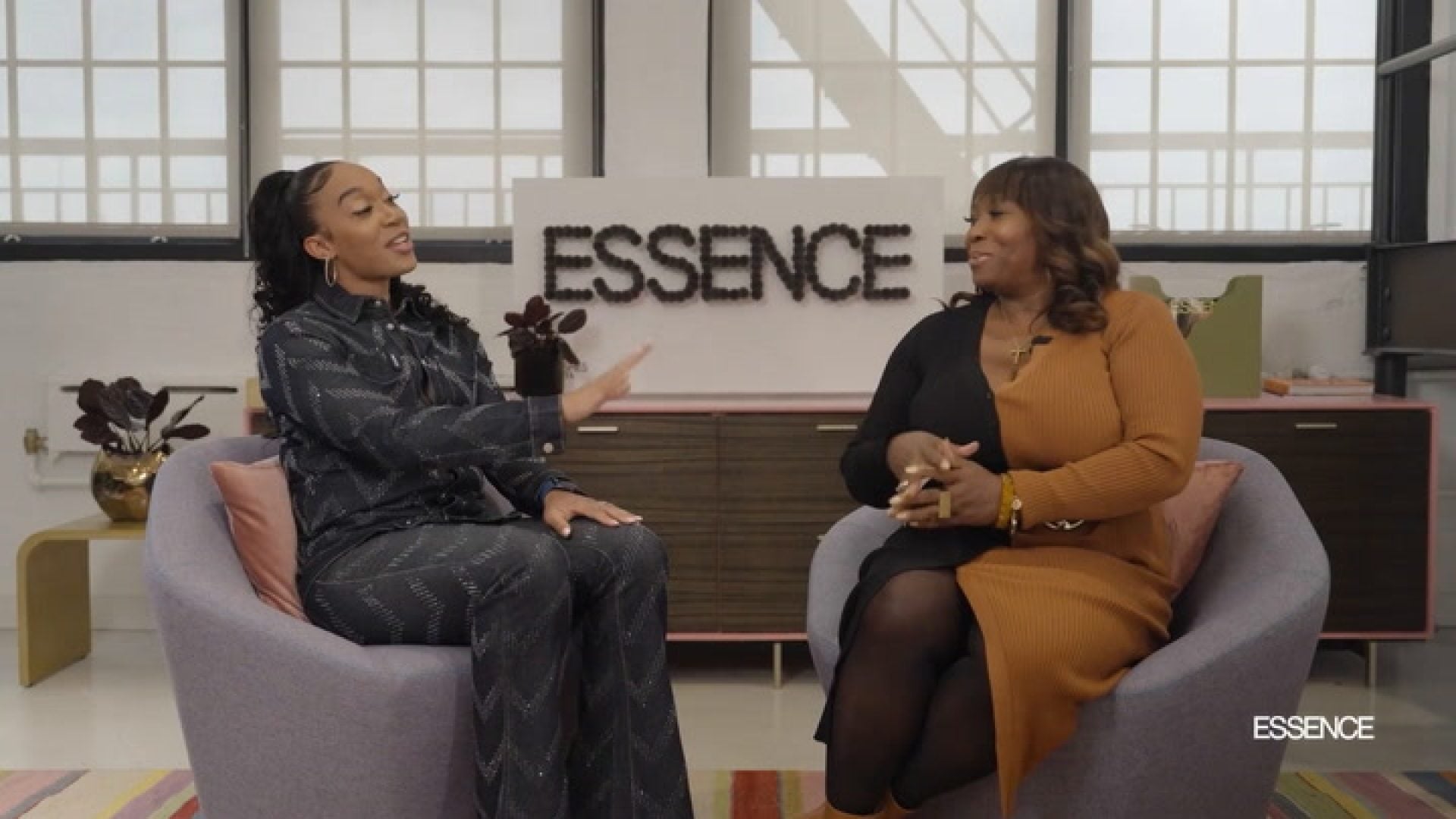
We entered Black History Month with yet another attempt to erase Black history. The war being waged to limit Florida students’ education by defunding DEI initiatives at state universities and blocking AP African American Studies comes amidst another agonizing murder of a Black life at the hands of police.
The killing of Tyre Nichols is a moment for true reflection in our present-day history — and let’s be clear, it is a direct extension of the legacy of slavery and lynchings that so many want to downplay in reconciling with our past. This is both a defining time in America, but it is also painfully frustrating. George Floyd’s murder nearly three years ago was a crucial inflection point. Instead of meaningful change, we bear witness to even more police killings, including ones like Mr. Nichols’ that overwhelm us with their glaring disregard for human life.
We have to use this history to learn, even when that learning might be uncomfortable.
Erasing Black history is damaging because these lessons are crucial to understanding the problems we’re facing and thinking through solutions for real change. For hundreds of years, Black Americans have walked a tightrope with little room for error and few second chances because our systems have controlled and oppressed us—and still do. These systems span every aspect of our lives, from healthcare to education and economic opportunities to law enforcement.
Tackling and repairing inequities means acknowledging and exploring their roots. That includes the exclusion of Black veterans in the 1944 GI bill, racial redlining, and school segregation, all of which inform discussions on reparations that the College Board has now removed from its AP African American Studies curriculum. History helps us understand our disproportionate representation in unemployment lines, failing schools, jails and prisons. History’s past directly impacts today’s present.
We have to use this history to learn, even when that learning might be uncomfortable. We must continue to lift up all that’s been accomplished, but also devote equal time to thinking about the opportunities that Black Americans have missed and the unrealized potential lost to inaccessible healthcare or racially targeted criminal laws and statutes. We must also remember the Black lives lost because of violence and trauma from policing.
There’s a way to change this trajectory and shape a better future: invest in our Black communities. These communities are full of proud, resilient people who know what they need to thrive. Invest in their safety — which is so much more than the absence of violence.
Community-centered public safety has been taking shape in Newark, NJ, for years now. My organization, EJUSA, has been honored to work in coalition with dozens of leaders, both grassroots as well as those working inside the systems, to build programs for and drive resources into the community. The alignment of so many forces toward a common good might seem rare, but it doesn’t have to be.
That’s why we partnered with other key actors on the recently released report The Future of Public Safety. Newark drew from the history of its community, notably local uprisings against police violence in 1967– which marked a seminal moment in power building within the community– to shape its future. The city has achieved historic lows in violence, and that will have a ripple effect on the community, creating jobs and strengthening well-being at multiple levels.
We have an incredible opportunity to build this kind of public safety across the country, but not if we lack imagination for something different. Last year, the White House’s proposed Safer America Plan included nearly $11 billion to hire 100,000 more police and train them. That is on top of the $115 billion we already spend on policing.
That money feeds a system with its own established history, inextricable from its genesis in slave patrols. Enslavers built the first policing forces to control and oppress Black people. Police went on to uphold segregation, enable lynchings, and crush civil rights protests.
We have tried and tried to fix policing with one tool or training after another. Still, Black people die at disproportionate rates. The last thing we need is to grow this system.
As we close out Black History Month, let’s remember to draw from the full breadth of our history to ignite imagination, change its course and start building community-centered public safety in our cities, giving Black neighbors and families a fair chance to excel and thrive.





